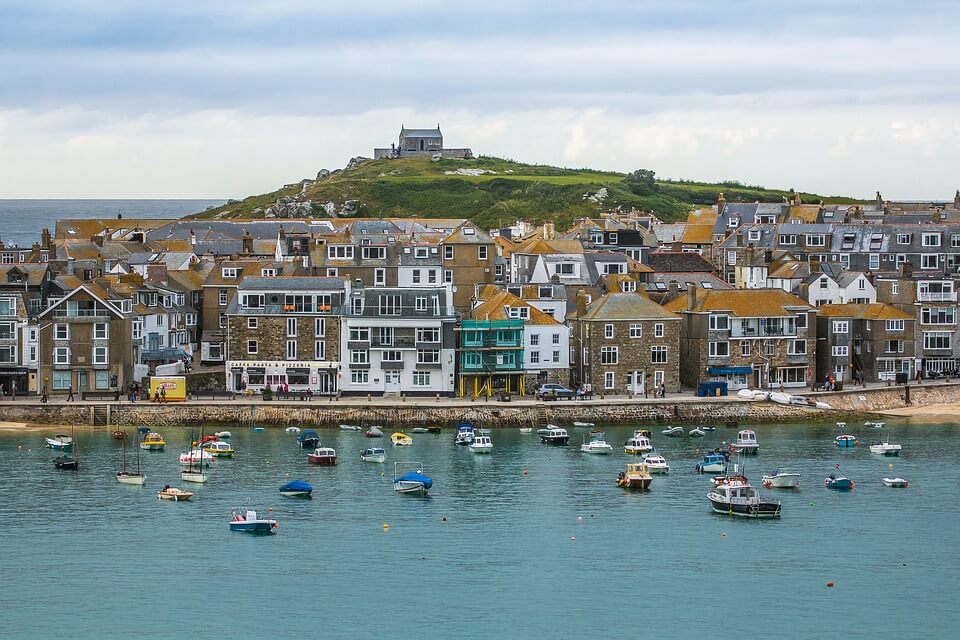
London
The European Social Fund in London helps to bring down barriers to employment in the capital. London is a global city and the powerhouse of the UK economy, driving productivity and economic growth, and accounting for more than 20% of gross value added (GVA).

South East England
ESF in the South East of England supports labour market development and welfare to work in an area less seriously affected by the downturn than many others.

South West England
ESF in the South West of England covers the counties of Devon, Somerset, Dorset, Gloucestershire and Wiltshire, including Bristol. The area is reliant on critical transport and key public services.

Cornwall and the Isles of Scilly
As the only European Social Fund Convergence area in England, Cornwall and the Isles of Scilly benefits from a higher level of funding per head of population than most other parts of the country, and has greater scope to support economic development and higher level skills development as well as tackling disadvantage, unemployment and under-employment.

North West England
The North West of England has been seriously affected by the economic downturn, with the large metropolitan areas of Liverpool and Greater Manchester experiencing high levels of industrial unemployment. ESF funding in the North West has attempted to address this by focusing on providing support to those who have experienced or are facing redundancy, and supporting areas and sectors with growth potential.

North East England
The European Social Fund in the North East of England works to deliver support in an area that was severely affected by the economic downturn. It is an area historically dominated by shipbuilding and coalmining, the decline of which over the past century resulted in large-scale industrial unemployment in metropolitan areas such as Newcastle-Upon-Tyne, Sunderland, Middlesbrough, Durham and Darlington, as well as rural areas.
